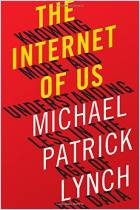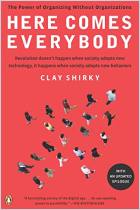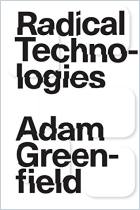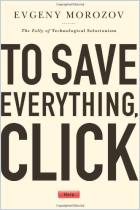
Gadget Consciousness
Collective Thought, Will and Action in the Age of Social Media
Recommendation
Gadgets like smartphones don't just reflect human thinking, they change it, copy the brain and affect consciousness, says scholar Joss Hands in this theoretical discussion framed in terms of political and social systems. Will people lift their consciousness via shared connection or let the capitalist “gadget brain” push consumerism? He explores how people use and get used by gadgets, positing two futures: rebel “gadget communism,” where tech frees people for the common good, or exploitative techno-capitalism. His best option: a socialist gadget consciousness of “care, becoming and collectivity.”
Summary
About the Author
Joss Hands is senior lecturer in media and cultural studies at Newcastle University, UK. His book is part of the Digital Barricades series, which he co-edits with Jodi Dean and Tim Jordan.


















Comment on this summary or Iniciar a Discussão